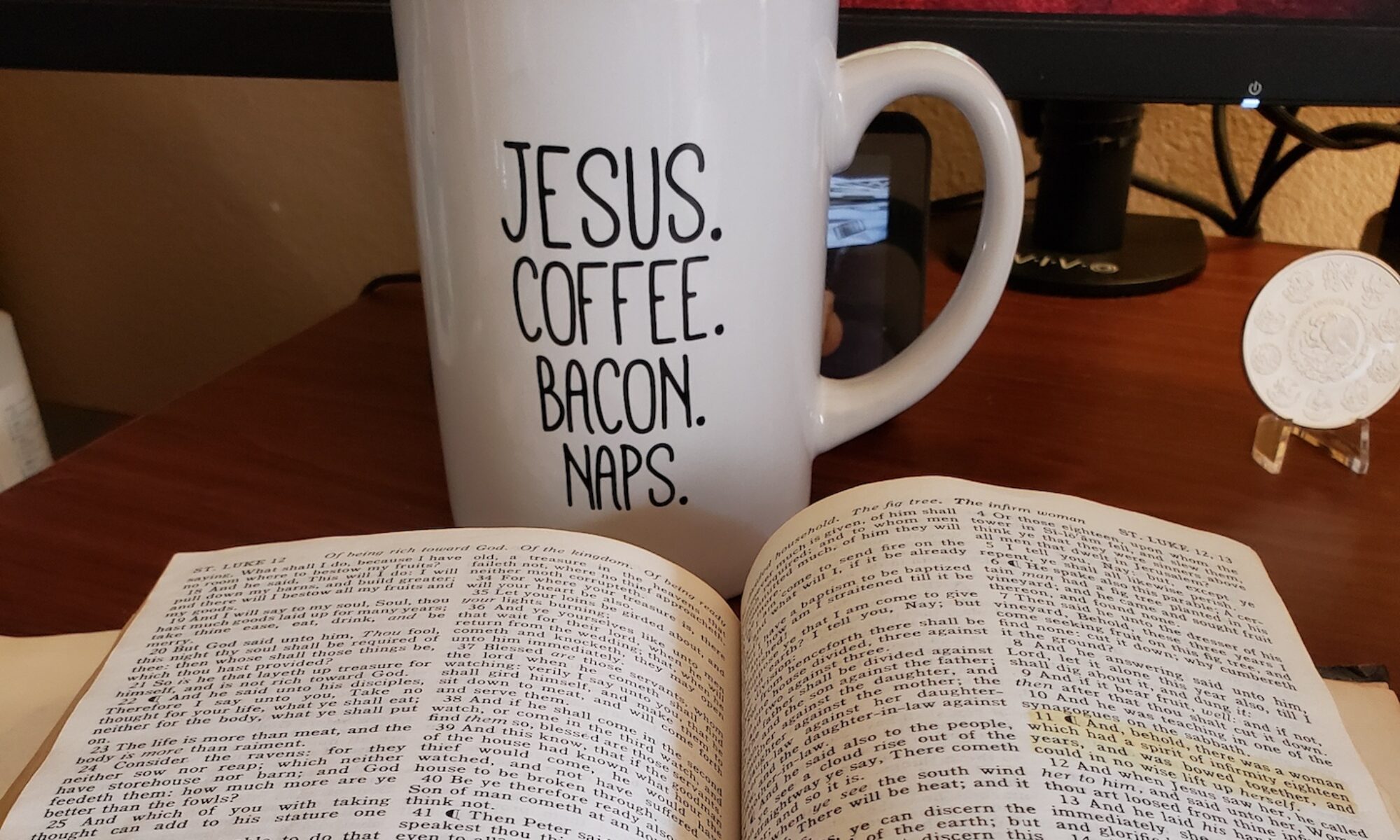In our last post we delved into Which Denomination is the Right one? and we talked about several denominations but really left off on some of the more divisive information on the Protestant side.
We know from the last post that the Protestant Refpormation really started with Martin Luther, which started Lutheranism, but the rabbit hole goes way farther than that with many many protestant divisions. This time we are going to talk a little bit about probably the main division which is the Calvanism vs Armenianism argument.
Martin Luther was the man who paved the way for the reformation, but there were plenty pf people waiting in the wings to run with it once it started. One of the real notables in the “second wave” of reformers was a Frenchman by the name of John Calvin.
While Luther was a Priest, Calvin has been described as more of a professor or academic. He and Luther had some interesting theological differences like their stances on Transubstantiation (I’ll leve that one for you to look up for now) and Baptism, etc., but the real meat there was that John Calvin believed in Predestination.
What he means by Predestination is sumed up in one of the 5 points of Calvinism which is called “Unconditional election”. With this, John Calvin surmised that God has chosen from time eternal, who is going to be with him, and he will give mercy to those chosen people. Calvinism ended up being very prevalent in Denominations like the Presbyterians.
The converse theology in response to John Calvin’s theories are called Arminianism. Now Arminianism, as you might have guessed, was founbded by another early Protestant reformer. This time is was a Dutch fellow by the name of Jacobus Arminius. Now Jacobus’ name has been lost to most but people who study these theologies, however, one of his theologifcal successors is more well known, John Wesley, who chartered the very first Methodist church, that we are all familiar with today.
I mentioned before that there are more theological differences than just Predestination, and I’ll leave you to find them in the annals of the internet, but where does this leave you, the lay person? What do you or should you believe? How do you know without doing mass research, and, really, who has time do do all that anyhow?
Heh! Well, we are right back to the Bible. This theory and many more are all based on different passages in the Bible and how this person, or that person interpreted them at the time. While there are different interpretations in the Bible about ancilliary items, all the Protestant denominations agree on how to become saved and agree that information is in plain print in the Bible for all to see. The most wonderful part of the Bible, aside from that, though, are those passages that perhaps one person reads differently that another. It’s these magical passages that allow God to speak directly to us, individually, in our circumstances and in our spot in life. All you have to do is look!
